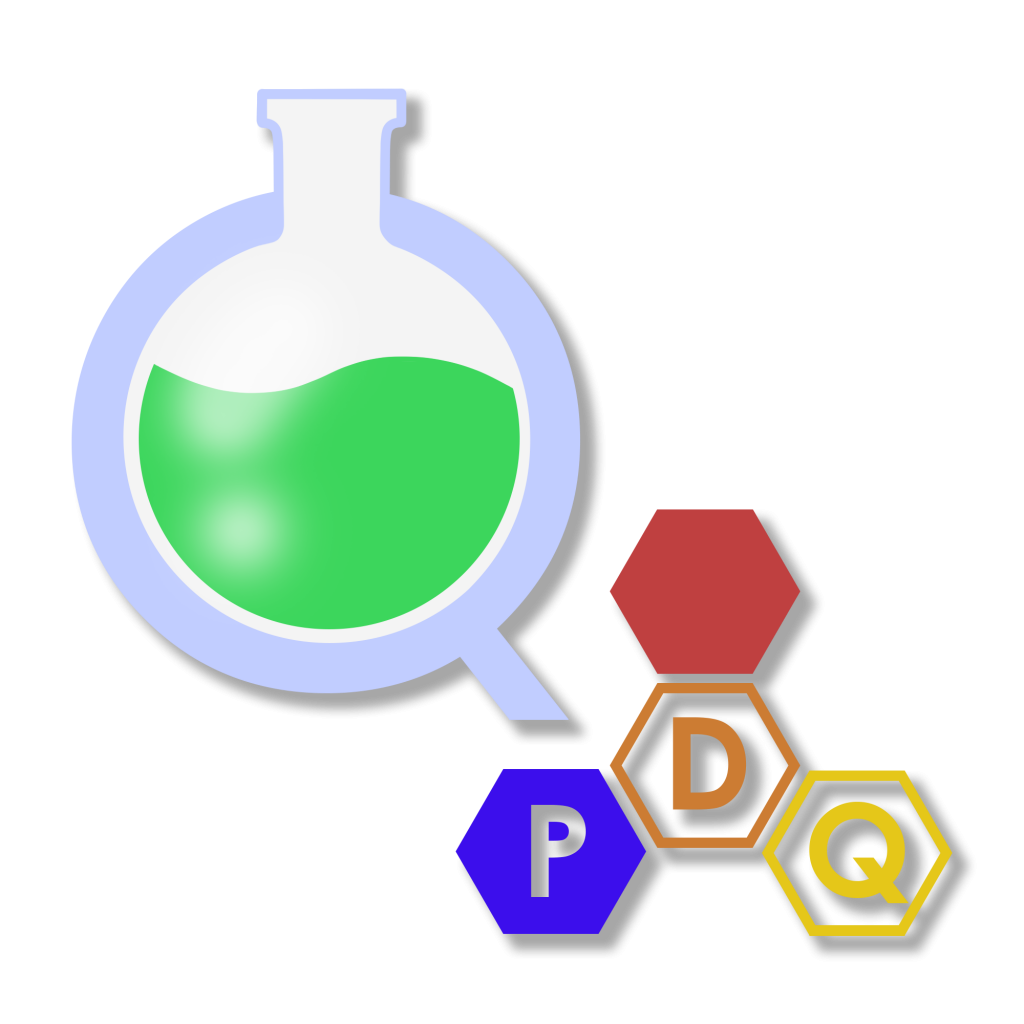
Applicant profile
General Access requirements
In general, to access a doctoral program in accordance with the provisions of R.D. 99/2011 (Article 6), it is necessary:
- To hold an official Spanish Bachelor’s degree, or equivalent, and a Master’s degree, or equivalent, provided that at least 300 ECTS credits have been completed across both levels of education.
Additionally, those who are in any of the following situations may also be admitted:
- Holding an official university degrees or equivalent Spanish degrees, provided that at least 300 ECTS credits have been completed across these programs and accredit a Level 3 of the Spanish Qualifications Framework for Higher Education (MECES).
- Holding a degree obtained in accordance with foreign education systems within the European Higher Education Area (EHEA), without the need for official recognition (homologation), provided that it certifies a Level 7 of the European Qualifications Framework and the degree grants access to doctoral studies in the issuing country. This admission will not imply, under any circumstances, the homologation of the previous degree held by the applicant, nor its recognition for purposes other than admission to doctoral studies.
- Holding a degree obtained in accordance with foreign education systems outside the EHEA, without the need for its homologation, after verification by the university that it accredits level of training equivalent to that of the official Spanish Master’s degree and that it grants access to doctoral studies in the country where it was issued. This admission will not imply, under any circumstances, the homologation of the previous degree held by the applicant, nor its recognition for purposes other than admission to doctoral studies.
- Holding another Doctorate degree.
- University graduates who, after obtaining a training placement through the relevant specialized healthcare training admission process, have successfully completed at least two years of training in a program leading to the official degree of any of the specialties in Health Sciences with a positive evaluation.
- Graduates, Architects, or Engineers who hold the Diploma of Advanced Studies obtained in accordance with the provisions of Royal Decree 778/1998, of April 30, or who have achieved the research proficiency regulated by RD 185/1985, of January 23, may also be admitted to doctoral studies regulated by this Royal Decree.
Recommended access profile
Students with a higher academic training at the Master’s level in Advanced Studies in Chemistry or other Master’s degrees with equivalent or related training to the research line in which the doctoral thesis will be carried out. It is recommended that the student has at least a level of linguistic competence in English equivalent to B1 level of the the Common European Framework of Reference for Languages (CEFR).
Specific access requirements
Along with the admission application and general documentation, students applying for admission to the PhD program in Chemistry must submit the following documents:
- A complete and updated Curriculum Vitae detailing the candidate’s professional and research experience.
- A motivation letter expressing the candidate’s interest in pursuing the PhD program and in carrying out the PhD Thesis in this research line.
- A document containing:
- The title of the thesis project and the research line in which it is integrated.
- A brief description of the project to be developed.
- Acceptance by the proposed supervisor, who will inform and endorse the submitted project.
- A proposal of tutor, if applicable, with approval from both the tutor and the supervisor.
Admission criteria
The following profiles are established for admission to the PhD program in Chemistry at the University of Seville:
- To hold a Master’s Degree in Advanced Studies in Chemistry from the University of Seville.
- To hold a Master’s Degree from the EHEA or from other university systems that gives access to doctoral training in the country of origin, with training equivalent to the Master’s in Advanced Studies in Chemistry from the University of Seville.
- To hold a degree in related areas that gives access to the PhD program, which includes research training credits or equivalent, and having completed a research-oriented Master’s or Bachelor’s Final Degree Project, or its equivalent.
- To hold a degree in related areas that gives access to the PhD program that is not covered in point 3.
The academic committee of the PhD program will be responsible for establishing the degrees to be considered within points 2, 3, and 4.
No specific entrance exams are required. In the event that the number of applicants exceeds the number of places available, the academic committee of the PhD program will establish a ranking of candidates who meet the general requirements, considering the following criteria:
- Adequacy of the degree to the doctoral program, in accordance with the established admission profiles. (40%)
- Overall academic record of the degree that gives access to the doctoral program. (40%)
- Professional and research experience. (20%)
In the case of rejection of admission, the decision will be motivated and the academic committee will send the affected person a written report justifying the decision.
Admission with training supplements
According to the admission profiles, the following training supplements are established:
- Students with admission profiles 1 and 2 will be admitted directly to the program without the need for training supplements.
- For students with admission profile 3, the academic committee of the PhD program will analyze the student’s previous training and will establish whether it is necessary for the student to take training supplements, which will consist of taking one or more subjects from the Master’s in Advanced Studies in Chemistry or other master’s programs offered by the University of Seville, with a maximum of 18 ECTS and related to the research line to which the student will be assigned.
- Students with entry profile 4 will have to take a maximum of 18 ECTS of subjects from the Master’s in Advanced Studies in Chemistry or other master’s programs offered by the University of Seville and they must also complete a research initiation project equivalent, at least, to 6
The total training supplements may not exceed 24 ECTS and will always be related to the research line to which the student will be assigned. The academic committee of the program will determine which training supplements are required after analyzing the student’s previous training.
